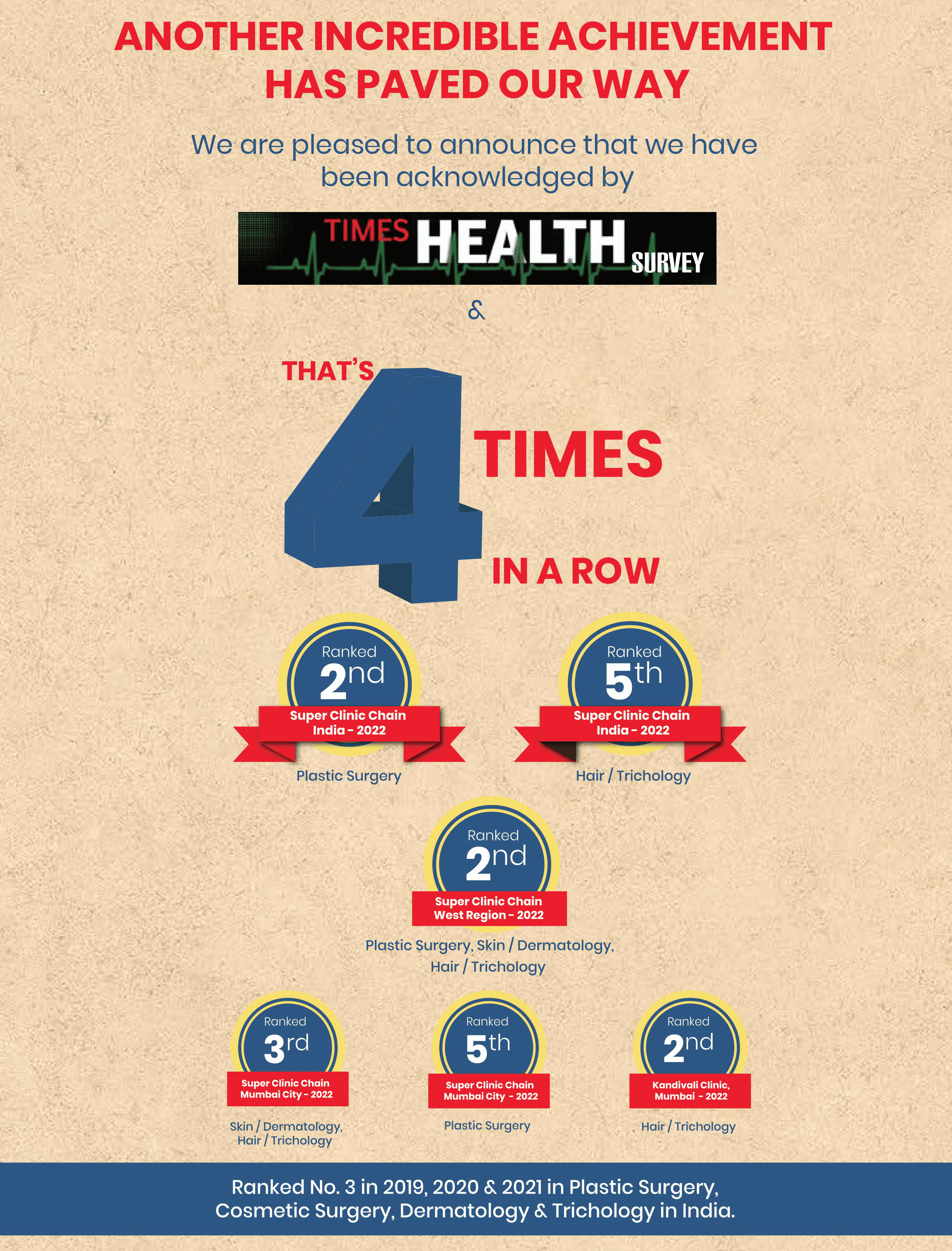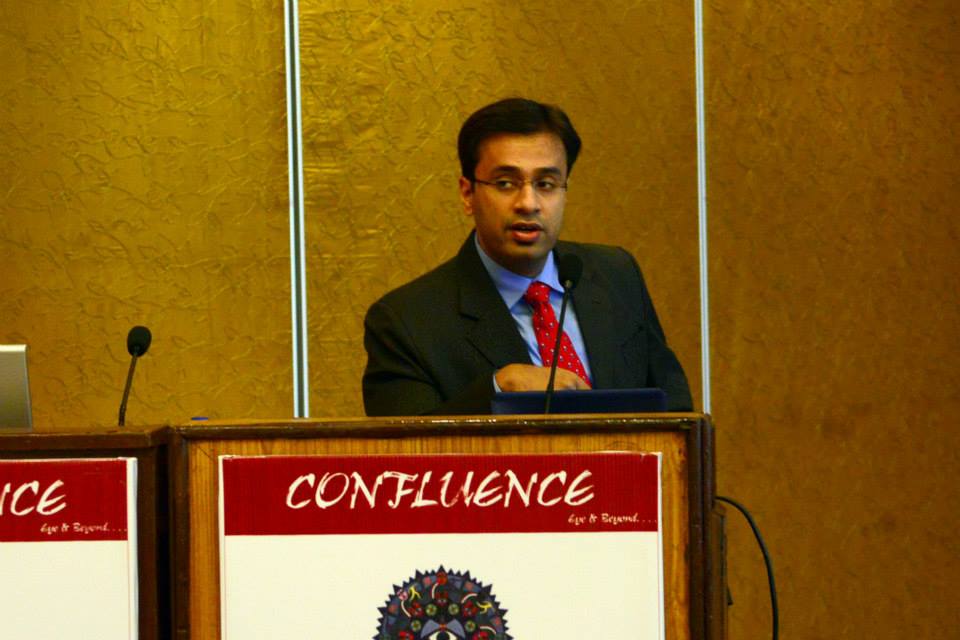Dip powder manicures promises more hardy, resilient nails that don’t need to be cured under a UV light, or changed every two weeks. But are they worth it? We asked the experts for answers
Having a fresh, chip-free manicure can help you feel like your life is put-together, but the process of maintaining them can be time-consuming and expensive. In this day and age, when people want something quick, easy and immediate, dip powder manicures are seeing a resurgence in popularity. “A simple nail lacquer that we apply at home can chip within two days, and gel manicures can last through your two-week holiday, but dip powder manicures can last for almost a month,” explains Mahema Bharadwaj, co-founder and MD, The Mani Pedi Spa, Gurugram. Plus, if you’re opting for a dip powder manicure, you can expect to be in and out of the salon in 20 minutes. However, all that speed and all those chemicals can have side effects too. We spoke to pros to find out more.
What is a dip powder manicure?
To put it simply, this manicure falls somewhere between a regular manicure and an acrylic one. The treatment begins with the usual prepping of the nail, which includes pushing back the cuticles and cleaning the nail plate. Next, a base coat, which is an adhesive for the powder is applied, before the nail is dipped in the powder. The is followed by another coat of adhesive, and another powder dip. This process can be done thrice in some cases, and it’s finally completed with a top coat. “Not only do dip powder manicures last longer, they are also faster to execute as the dipping process is quicker. The dipping process is extremely fun and satisfying, and the colours are brighter too. We don’t need LED lights to dry it off, which cuts downtime as well,” says Bharadwaj.
Can dip powder manicures affect your nails?
While dipping your nail in powders can be satisfying, it is also unhygienic and can cause infections. “The most hygienic way to do this procedure is to apply the powder with a brush, so you don’t dip into the same powder that others have used too,” explains Bharadwaj. She adds that it’s also important to use certified powders to reduce the damage to your nails. While the month-long promise is the reason behind this manicure’s popularity, it can also be harmful for the nail. “Because of the use of glue, the powder stays on the nail longer, which means the nail is occluded more, and there are higher chances of it getting damaged,” explains Dr Rinky Kapoor, consultant dermatologist, cosmetic dermatologist and dermatosurgeon, The Esthetic Clinics.
“The removal process is time-consuming as well,” informs Bharadwaj. You have to soak your nails in acetone, followed by buffing, which makes them more fragile. “When you buff your nails, you are removing a part of the nail keratin. And repeated buffing means repeated trauma or injury to the nail. The soaking process also damages your nail matrix—the part of the nail under the skin responsible for generating a new nail. This damage causes pits, grooves and white patches. Repeated manicures can cause more permanent damage—your nails can be dehydrated, develop skin diseases, lichen planus (an inflammatory condition that appears as purplish, itchy, flat bumps) or fungal infections,” says Dr Kapoor.
Both experts agree that you need to take necessary precautions if you’re a die-hard dip powder fan. Their top tips? Keep the nail bed as hydrated as you can, use cuticle oils and hand creams to prevent the nail bed from drying out, and give yourself a break from monthly manicures.
Article Source – https://www.vogue.in/beauty/content/dip-powder-manicure-gel-manicure-comparison-nails-expert-tips


Dr. Debraj Shome is Director and Co founder of The Esthetic Clinics. He has been rated amongst the top surgeons in India by multiple agencies. The Esthetic Clinics patients include many international and national celebrities who prefer to opt for facial cosmetic surgery and facial plastic surgery in Mumbai because The Esthetic Clinics has its headquarters there.






